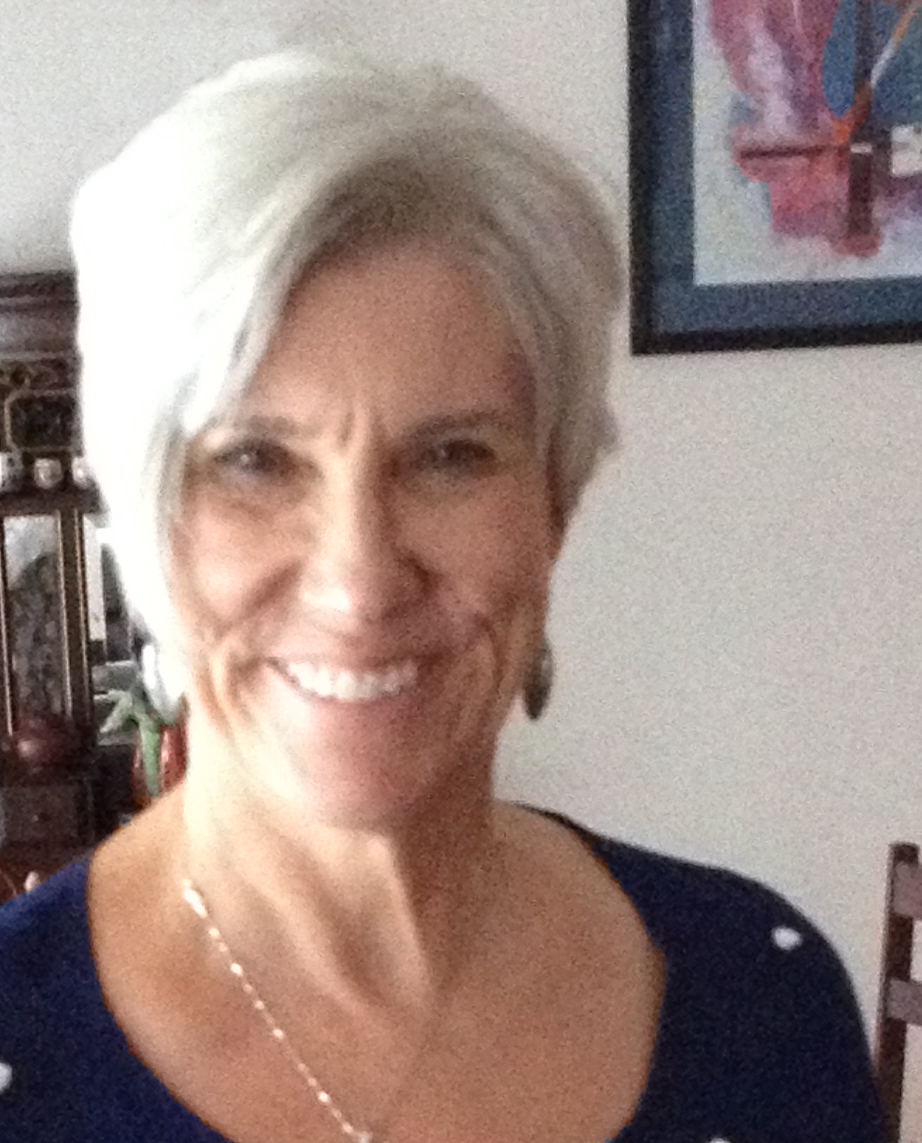Bringing freshwater fish to the global table
Add Summary

Michigan State University partnered with the Food and Agriculture Organization of the United Nations in Rome to bring 212 people from 45 countries to discuss ways to make fish a competitive part of global development, from the Great Lakes that surround Michigan to the Amazon and Vietnam’s Mekong Delta. The Global Conference on Inland Fisheries is Jan. 26-28 at the FAO headquarters.
Eighteen MSU professors and students will be attending and giving talks and poster presentations on topics ranging from governance to food security to law enforcement. MSU President Lou Anna K. Simon will deliver the conference's opening remarks.
"Fish always have been representative of how well humans are doing with their environment," said Bill Taylor, University Distinguished Professor in Global Fisheries Systems in MSU’s Center for Systems Integration and Sustainability. "It's time for us to make a move and speak for the fish to have them valued along with power, commercial, agriculture and other competition for water."
MSU at the conference:
MSU President Lou Anna K. Simon
Keynote Address
MSU faculty:
- Mohamad Faisal
- Norman Graham
- Ian Gray
- Steve Hanson
- Dan Hayes
- Dana Infante
- Michael Jones
- Steve Pueppke
- Joan Rose
- Bill Taylor
- Heather Triezenberg
MSU students and post-doctoral scholars:
Alumni
Faculty
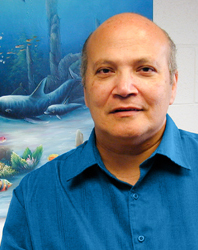 Mohamed Faisal
Mohamed Faisal
Stanislaus F. Snieszko Professor of Pathobiology and Fisheries and Wildlife
Minimizing the Impacts of Disease Outbreaks in Freshwater Fish
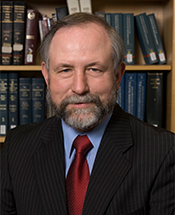
Norman Graham
Professor of International Relations and Director of the Center for European, Russian and Eurasian Studies, James Madison College
The Prospect for Regional Governance of Inland Fisheries in Central Eurasia
"Healthy inland fisheries are crucial to food security in Central Eurasia. They are in dire and declining condition in several subregions. Regional governance and remediation must be improved."
Ian Gray
Special Advisor to the President
 Daniel Hayes
Daniel Hayes
Professor of Fisheries and Wildlife
Dams: A Ubiquitous Landscape Feature Affecting Fisheries
 Steve Hanson
Steve Hanson
Dean, International Studies and Programs
"The role of inland fisheries as an economic engine and in food security is significant, but it has yet to reach its full potential. The MSU-FAO partnership brings a multidisciplinary, multi-cultural, multi-sector approach that will address challenges and unlock opportunities related to sustainable inland fisheries around the world."
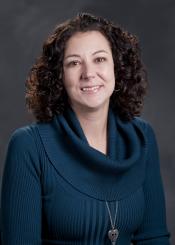
Dana Infante
Associate Professor of Fisheries and Wildlife
“Assessing freshwater habitats using a landscape approach is an effective strategy for identifying threats to habitats and conservation opportunities throughout large regions, ultimately improving our ability to conserve freshwater fisheries from human land uses globally.”
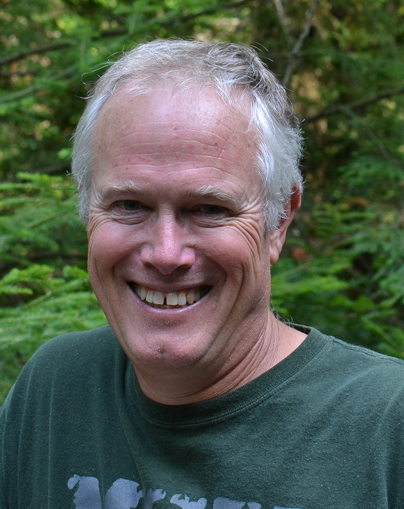
Michael Jones
Peter A Larkin Professor of Quantitative Fisheries
"R is a statistical programming language that is fast becoming the tool of choice for data analysis and modeling for fishery biologists. It is open-source software freely available to anyone who wants to download and install it on their computer. This makes it a very attractive option for biologists with limited resources. We are providing this workshop to aid fishery workers around the globe in becoming familiar with this tool."
 Steven Pueppke
Steven Pueppke
Vice President for Research and Graduate Studies
"It's important to raise the profile of fish as a component of food security in food-insecure parts of the world. Fish protein is important, and could be much more so, in this regard. But it tends to be neglected."
Joan Rose
Homer Nowlin Chair in Water Research
The Virome Associated with Ballast Waters in the Great Lakes
"I'll be talking about the first metagenomics study of viruses in ballast waters, important to prevent viral invasive species in the future."

William Taylor
University Distinguished Professor in Global Fisheries Systems
Organizer
"This is to be an action agenda on the world stage, with individuals around the world sharing new methods, what's important to humans, what's happening with climate change, how to get better data, and how to build relationships. What we're building here doesn’t mean the fish will always win, but it does mean people will be saying, 'hey, let's not forget about the fish.'"
"The role of inland fisheries as an economic engine and in food security is significant, but it has yet to reach its full potential. The MSU-FAO partnership brings a multidisciplinary, multi-cultural, multi-sector approach that will address challenges and unlock opportunities related to sustainable inland fisheries around the world."
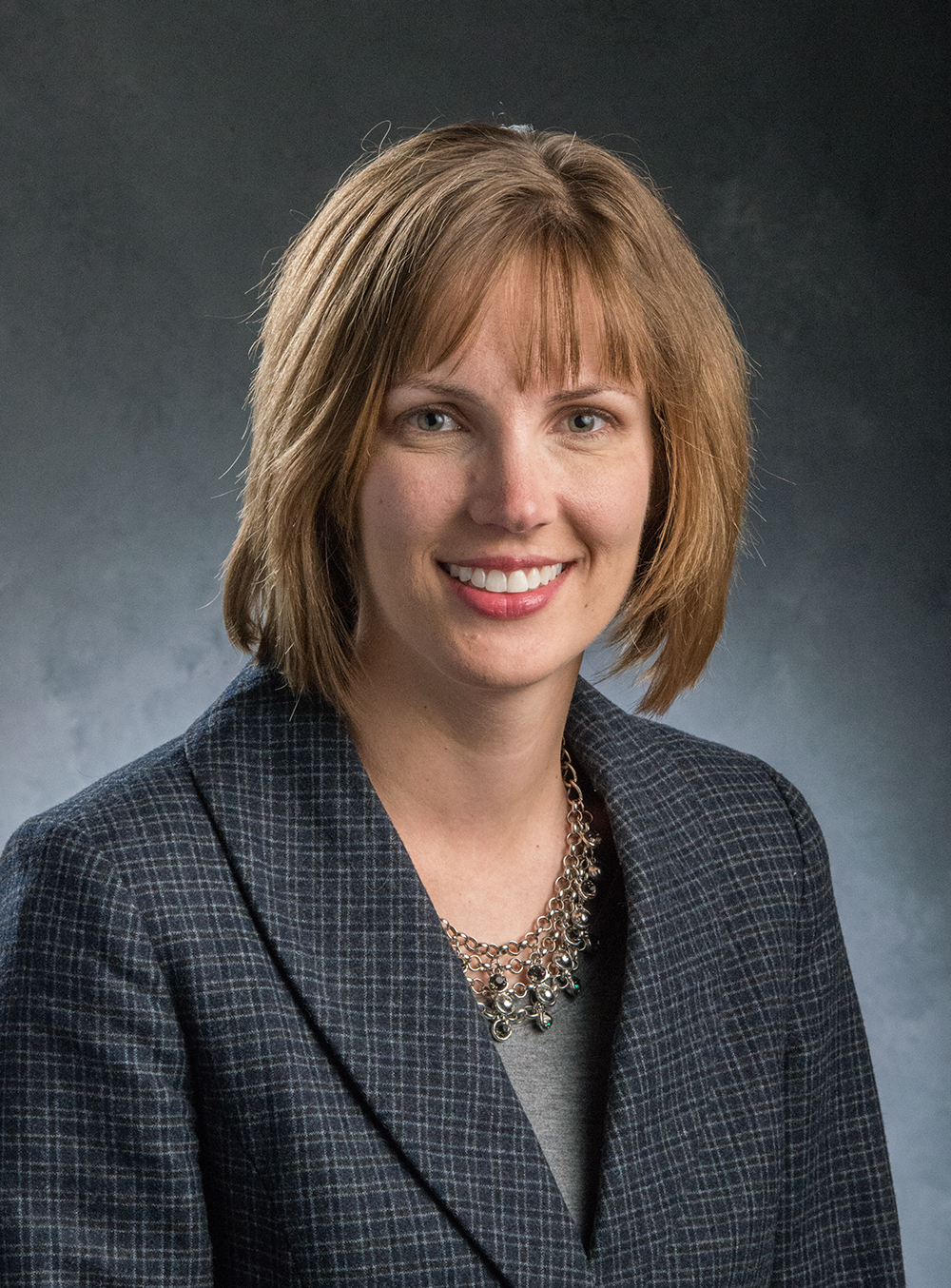 Heather Triezenberg
Heather Triezenberg
Michigan Sea Grant Extension Specialist and Program Coordinator
@HTriezenberg, @miseagrant, @MSUExtension
The Role of Extension Educators in Enabling Healthy Ecosystems
For more than 100 years, extension educators have helped people improve their lives through educational processes that address critical issues. Now is the time to identify roles for extension educators to help connect people with each other and the needed information so that they can address key issues surrounding the global sustainability of inland fisheries and the communities that depend upon them.
Students and alumni:
 Andy Deines
Andy Deines
Postdoctoral Associate, Center for Systems Integration and Sustainability
@AndyDeines
New Estimation Method for Global Freshwater Fish Production
"Until recently, the only way to measure freshwater fish production was by directly counting fish and fishers, but this has always given very poor estimates of the contribution of freshwater fish to global food, livlihoods and recreation. Now we can go "fishing from space" using satellite remote sensing, ecological theory and state-of-the-art statistical models to provide new estimates of global freshwater fish production."

Norine Dobiesz
Postdoctoral Associate, Quantitative Fisheries Center
"My research goals include further work addressing the challenges faced when managing fish communities in any of the world's great lakes. This conference provides a unique opportunity to network with others involved in large inland freshwater fisheries."
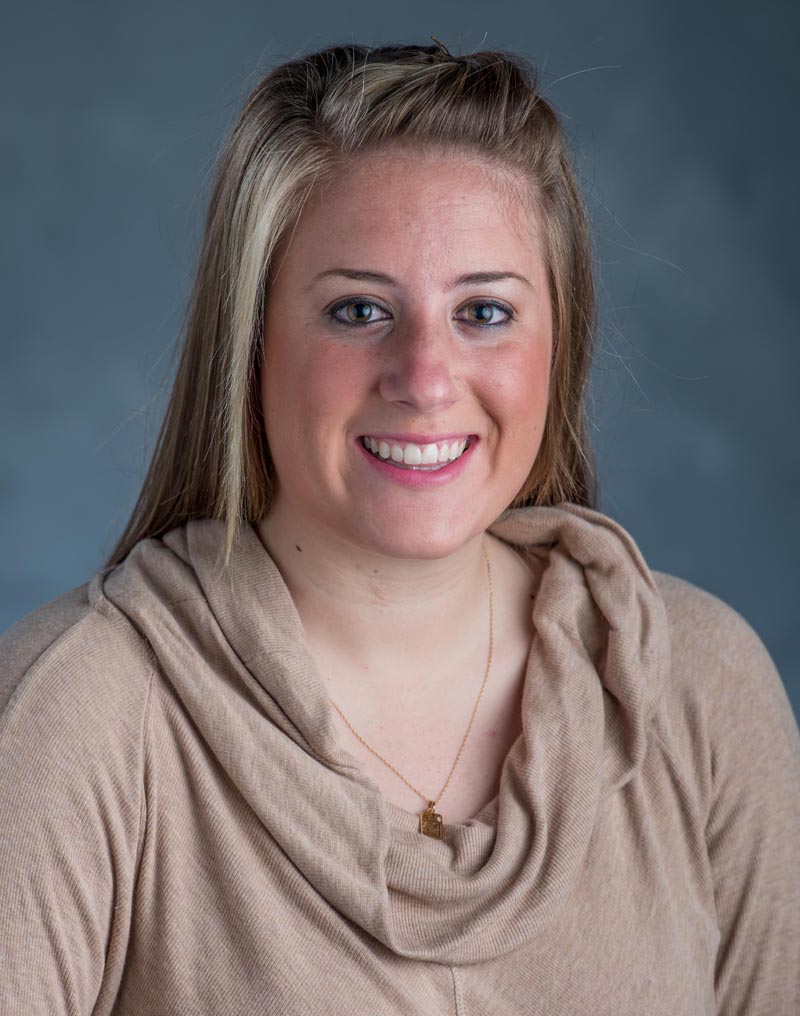 Molly Good
Molly Good
Doctoral Student, Center for Systems Integration and Sustainability
Impacts of Law Enforcement on Inland Fisheries Sustainability
"I am excited to participate in a conference that brings together people from many cultures and disciplines to share perspectives on the future of global inland fisheries resources, and to discuss the value of inland fisheries and methodologies used to enhance their long-term sustainability."
- Travel sponsored in part by a grant from the MSU Environmental Science and Policy Program
 Amanda Guthrie
Amanda Guthrie
Master's Student, Center for Systems Integration and Sustainability
 Lisa Peterson
Lisa Peterson
Doctoral Student, Quantative Fisheries Center
Breaking down barriers to transparent decisions
"This is important because managers and agencies all over the world are facing similar problems related to dams - conflicting and long-reaching consequences that build, modify, or remove barriers. It is important to make complex and contentious decisions in a structured and transparent way for the best decision possible. Structured decision-making can help."
- The work is supported by the Janice Lee Fenske Excellence in Fisheries Management Fellowship.
 Betsy Riley
Betsy Riley
Doctoral Student, Center for Systems Integration and Sustainability
The Great Debate on the Great Lakes
"With the world's supply of freshwater increasingly in danger, this conference has the potential to make a major difference in how these resources are thought about and managed all over the world. My poster hopes to begin to strike a balance between the world's ever increasing demand for protein and our need to manage these resources so that they last for future generations."
- Travel sponsored in part by a grant from the MSU Environmental Science and Policy Program
 So-Jung Youn
So-Jung Youn
Master's Student, Center for Systems Integration and Sustainability, Conference co-organizer
@syoun88
Using Household Dynamics to Determine the Role of Inland Fish in Local Food Security
"The social, economic, and environmental benefits provided by inland fisheries are often undervalued and not well known. This conference aims to raise awareness, through international and cross-sectoral collaboration, of the importance of inland fisheries and the challenges they face. "
Alumni
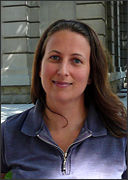 Nancy Leonard
Nancy Leonard
Northwest Power and Conservation Council - fish, wildlife, and ecosystem monitoring and evaluation manager
Conference co-organizer
"This conference is a major step towards having all sectors relying on freshwater resources consider the role of inland freshwater and fisheries in their decision-making process. Achieving cross-sectoral consideration of inland fisheries and their habitat is critical to ensure these resources continue to contribute to cultural, social, economic, and ecosystem well-being."



 Print
Print Email
Email

